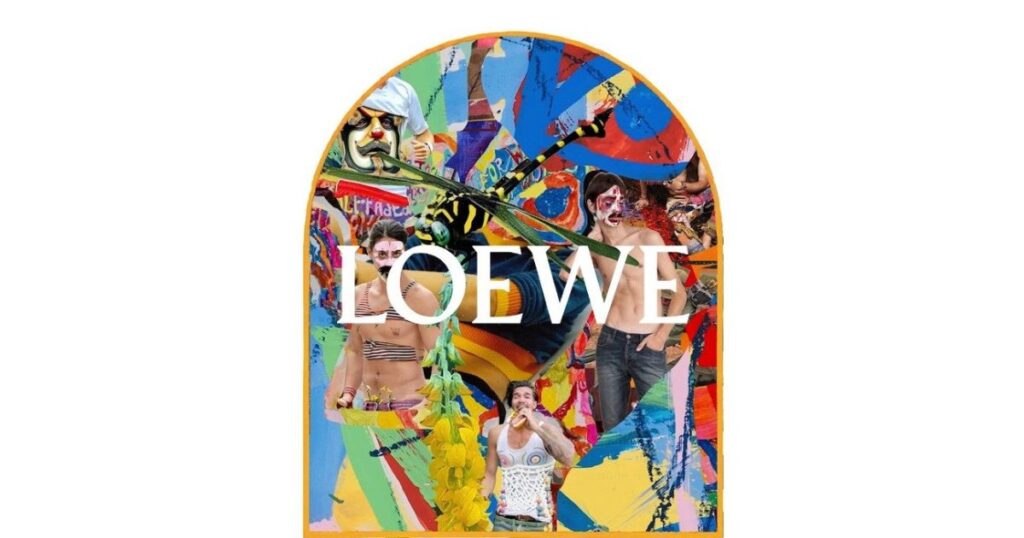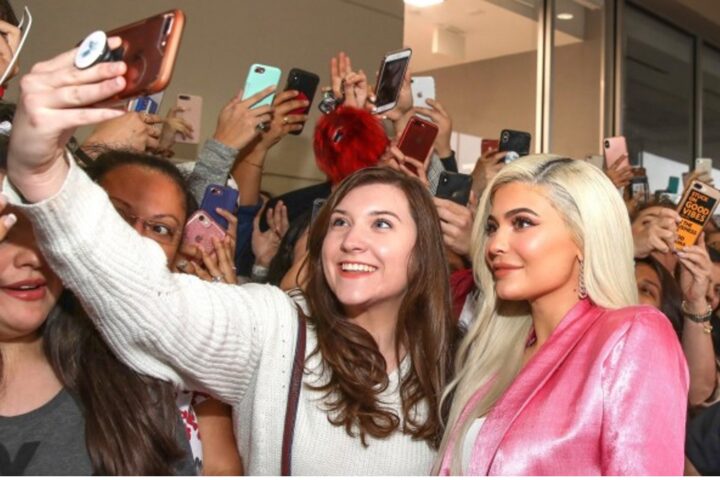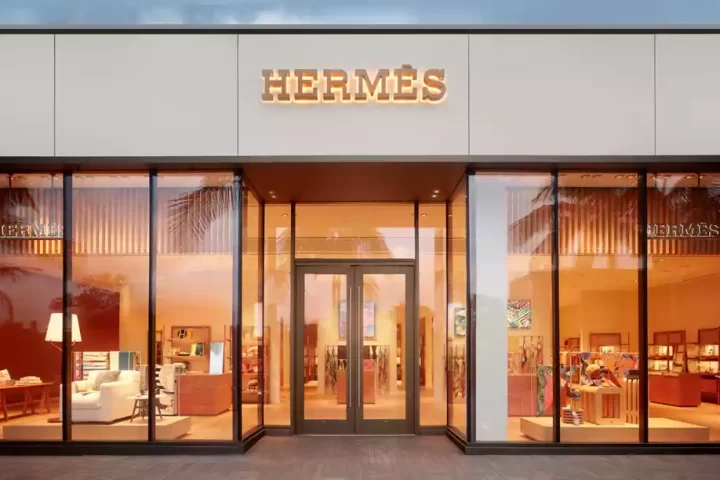In India, an intriguing fashion phenomenon is quietly unfolding, fuelled by the rapid ascent of fashion rental platforms such as Flyrobe, Stage3 and Rent A Closet. According to GlobalData’s forecasts, the apparel rental market, valued at $4.9 billion in 2022, is projected to substantially expand to an approximately $9.8 billion by 2026. In the midst of this sartorial transformation, where environmental consciousness converges with the desire for wardrobe variety and cost-effectiveness, there emerges a compelling opportunity to delve into the legal intricacies at the intersection of contracts, consumer protection, and intellectual property, all within the context of India.
This shift takes place within a legal framework, intricately composed of consumer protection statutes, e-commerce regulations, and industry best practices. Addressing issues such as product liability, disclosure requirements, and the delicate task of managing damaged or returned items presents an array of distinctive challenges within this multifaceted regulatory milieu. Let us now dive into the critical elements that sustain the thriving ecosystem of fashion rentals.
Rental Agreements:
The rise of fashion rentals has democratized high-end fashion, allowing everyone to play dress-up with designer labels. But beneath the borrowed glamour lies a crucial question: can you trust what you rent? Rental agreements, the unsung heroes of this ephemeral world, provide the foundation for transparency and build trust between providers and customers.
Rental agreements fulfil a dual role: they guarantee transparency while also serving as protective measures. These thoroughly crafted agreements establish expectations, prevent conflicts, and guide fair resolutions during disputes. In case of mishaps, they define liability parameters, protecting both providers and customers. Drafting these agreements requires legal finesse, addressing contract and intellectual property rights with precision. Ambiguities are eliminated, replaced with clear language covering dispute resolution, termination clauses, and punitive measures, all seamlessly integrated for a smooth process.
Liability and Damages:
For the fashion rental revolution to flourish, there must be a clear outlining of responsibilities regarding rented garments. This is where rental agreements assume paramount importance, explaining scenarios and attributing obligations to both providers and customers.
The concept of wear and tear, the natural consequence of an item’s journey through time, must be carefully defined. Agreements should articulate when standard wear is permissible—such as the gentle worn appearance on a denim jacket—and when compensation for substantial damage, like a tear in the fabric of an exquisite saree, becomes a necessity. Clarifying mutual responsibilities for cleaning and maintenance, including costs associated with dry cleaning or rudimentary stain removal, mitigates potential disputes and emphasizes the shared custodianship of borrowed garments.
A proactive approach entails the inclusion of insurance and liability coverage within the agreement, serving as a financial safeguard for both parties. This provision acts as a barrier against unforeseen mishaps, be it an inadvertent spill or an unaccounted loss. By explicitly addressing these aspects, trust between customers and providers is not only fortified but also bolsters the industry’s reputation and long-term viability.
Intellectual Property (IP) and Consumer Rights in Fashion Rentals:
A strict adherence of intellectual property rights (IPR) laws, with a particular emphasis on trade mark regulations, is of paramount importance. These laws are crafted to shield brand identities and trade marks, obliging fashion rental businesses to exhibit the utmost respect for the trade marks of fashion houses and designers when offering their garments for rent.
Consider the “Chanel v. The RealReal” case, where Chanel, initiated legal proceedings in the United States against The RealReal, an online luxury consignment platform, alleging that The RealReal was selling counterfeit Chanel products and making false claims about the authenticity of Chanel products. This case demonstrates the imperative of strict adherence to trade mark laws, thorough verification of product authenticity, the acquisition of requisite permissions or licenses, and a strong commitment to refraining from the unauthorized use of trade marks or logos. Moreover, other facets of IPR laws, including those governing copyright and design, may exert influence over fashion items.
Yet, the sphere of responsibility encompasses more than just IPR protection. An intimate understanding of and adherence to consumer rights are equally useful. Clearly laid-out return policies, transparent refund processes, and accessible mechanisms for dispute resolution, along with educating consumers about their rights and obligations, foster a relationship of trust and cooperation for a favourable consumer experience.
Building trust is the cornerstone of a successful fashion rental industry. By prioritizing legal clarity and ethical sourcing, Indian rental platforms can cultivate a loyal customer base and lay the groundwork for India’s thriving fashion rental industry.
By prioritizing legal acumen and embracing ethical norms, fashion rental enterprises can ensure the success and longevity of the industry, cultivating consumer trust and charting a responsible and enduring path for the fashion rental renaissance in India.










GlucoBerry is the result of extensive research by professionals at John Hopkins University. These experts discovered a relationship between healthy blood sugar levels, insulin, and blood sugar drainage from the kidneys. Based on this research, Dr. Mark Weis, a renowned physician, devised a natural dietary supplement to help achieve healthy blood sugar levels.